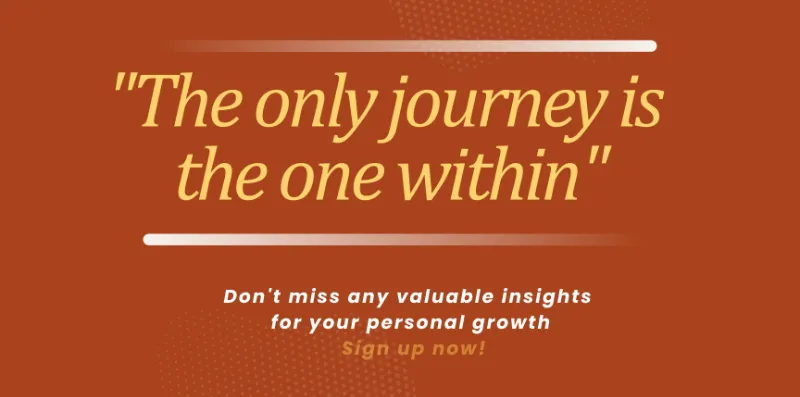Turning Emotional Triggers into Steppingstones for Personal Development
Understanding and Managing Emotional Triggers
The Pathway to Personal Transformation and Emotional Well-being
On a cool evening, I found myself gobbling a bag of crunchy potato chips after a satisfying dinner. This wasn't hunger, but rather an emotional trigger, compelling me to fill an unseen void. Can you relate?
Like many, I've wrestled with emotional triggers – caught in self-sabotage, grappling with feelings of inadequacy, stress, and fraught relationships. Often, these struggles stem from deep-seated emotional triggers, echoing past traumas, feelings of abandonment, and self-worth issues.
We all encounter emotional triggers. They might surface from a casual comment undercutting our confidence, the pang of rejection when a friend cancels plans, or the compulsion to work late to validate our worth. A certain perfume might stir anxiety, transporting us back to an unwelcome past, or the sight of a chocolate cake may initiate a cycle of comfort eating and guilt.
However, these triggers, challenging as they may be, are not our adversaries. Indeed, understanding and managing emotional triggers is a springboard towards personal growth, balance, robust relationships, and equilibrium between our masculine and feminine energies.
"Your life does not get better by chance, it gets better by change." – Jim Rohn.
This quote captures our journey succinctly. It's time to shift how we perceive and manage our emotional triggers.
In my own journey, I discovered that emotional triggers aren't enemies but signals guiding me towards self-healing and transformation. As a life strategist, my mission is to help you realize that managing emotional triggers is a crucial part of self-investment.
Here are some straightforward strategies for understanding and managing emotional triggers:
- Identify Your Triggers: The first crucial step in managing emotional triggers is acknowledging their existence. They can span a broad spectrum, from distinct individuals, environments, and scenarios to more subtle cues such as specific words, scents, or sounds tied to past experiences. Like my extra serving of potato chips, these triggers might appear innocent but carry a deeper emotional significance. Understanding these triggers is vitally important because it equips you with the foresight to anticipate and plan for instances that might incite an emotional reaction. You can formulate effective coping strategies by grasping what sets these reactions into motion, reducing potential stress and anxiety. Identifying your triggers is a fundamental building block in crafting a more serene and self-assured version of yourself.
- Understand the Root Cause: The next pivotal step is to strive to identify the root of your emotional triggers. This task demands introspection and, at times, professional assistance. Consider some examples: If you find yourself triggered by situations where you're the centre of attention, it could be linked to an experience where you felt embarrassed or judged. If you feel an inexplicable discomfort around certain individuals, it might be connected to a past relationship with similar characteristics that ended poorly. Or, just like me devouring a bag of potato chips, your comfort eating could be a response to feelings of loneliness or rejection. These triggers are often deep-seated and connected to past experiences that haven't been fully processed. By understanding the root cause, you can provide context to your emotional responses, which is a significant stride towards managing these triggers effectively.
- Self-Care Practices: Investing in yourself is vital. Foster resilience and enhance your capacity to manage emotional triggers through exercise, nutrition, meditation, and rest.
- Establish Boundaries: Robust boundaries can safeguard you from situations that may spark emotional responses. Saying 'no' is acceptable when it protects your mental and emotional health.
- Seek Professional Help: Therapists, counsellors, or life strategists can equip you with effective tools and strategies to manage your emotional triggers. Don't hesitate to seek help. In this journey of managing emotional triggers, remember you are your best investment.
Dr Jonice Webb's research, a noted psychologist and author specializing in Childhood Emotional Neglect (CEN), emphasizes that understanding and managing emotional triggers is pivotal to healing and personal transformation.
As you embark on this journey, remember you are not alone. In my professional practice, I provide tools and resources to guide you on this path of transformation and self-discovery.
Emotional triggers may seem daunting, but comprehending them is the first step towards reclaiming your life. I urge you to take that step, invest in your well-being, and always remember that you are your best investment.

Are you looking for a weekly dose of inspiration to stay true to yourself and live your best life?
• Subscribe to our weekly newsletter of inspirational insights from the greatest minds ever!
• Let the wisdom from philosophers, writers and influential figures encourage you to embrace your uniqueness, overcome obstacles and live an authentic life.
• Each quote will come with my comments to help and inspire you on your journey towards authenticity.
• Receive a weekly reminder to be authentic and live your best life.

